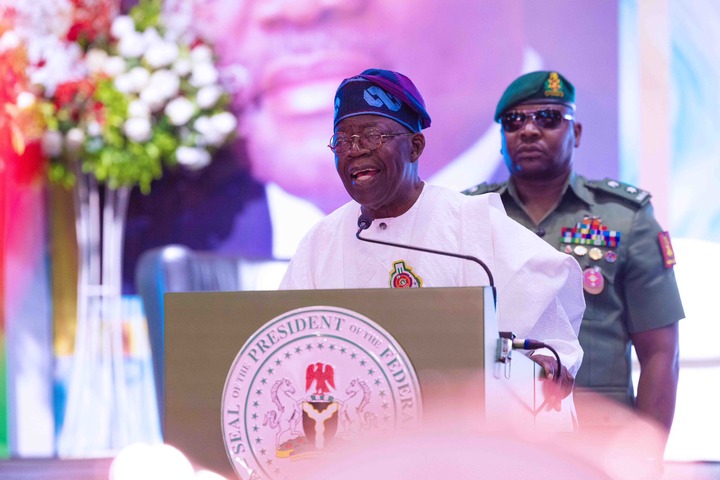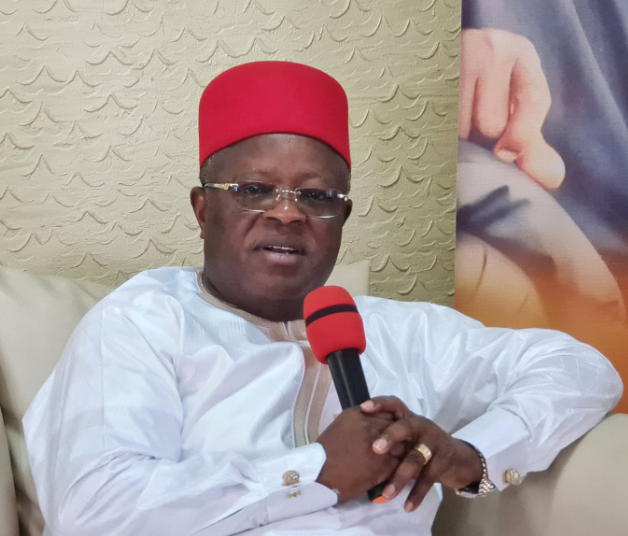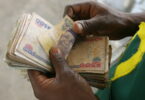
The Nigerian government on Monday said unemployed young people will be paid a monthly stipend to cushion the effect of economic hardship.
Nigeria’s minister for economy Wale Edun disclosed this on Monday after the weekly federal executive council meeting chaired by President Bola Tinubu in Abuja.
Edun said the approval by President Tinubu was to improve the purchasing power of the poorest Nigerians in a period of heightened food prices.
“He (Tinubu) has instructed that the Social Security unemployment programme be devised, particularly to cater for the youth, for the unemployed graduates, as well as the society as a whole,” Edun said.
The minister did not disclose how much the stipend would be, a specific time of commencement, and the duration of implementation.
The intervention was announced days after the National Bureau of Statistics (NBS) said Nigeria’s annual inflation raterose to 29.90 per cent in January from 28.92 per cent in December 2023.
The NBS said on a year-on-year basis, the headline inflation rate was 8.08 per cent points higher compared to the rate recorded in January 2023, which was 21.82 per cent.
The NBS also noted that the food inflation rate in January 2024 quickened to 35.41 per cent on a year-on-year basis, which was 11.10 per cent points higher compared to the rate recorded in January 2023 (24.32 per cent).
The rise in food inflation was caused by increases in prices of bread and cereals, potatoes, yam and other tubers, oil and fat, fish, meat, fruit, coffee, tea, and cocoa, NBS said.
While the figures indicate a spike in commodity prices, Edun said the government intends to introduce “an unemployment benefit” for the young unemployed Nigerians.
Official figures by the NBS as of December 2023 puts the unemployment rate in Nigeria rose by 5% in a population of over 200 million people with 46% living in poverty.
The increasing poverty rate in the country was exacerbated by the removal of subsidy on petrol by the president who explained that the initial arrangement for funding the production of crude only benefitted a few rich at the expense of millions of poor citizens.
Tinubu, at different times, said the temporary suffering of Nigerians was necessary for the country to transition to a phase of prosperous economic growth. For taking such a ‘tough’ decision, Tinubu drew plaudits from the World Bank for “taking concrete steps to scrap Nigeria’s harmful government subsidies and multiple exchange rates.”
Nigerians are, however, indifferent to the applauses Tinubu has received as economic hardship bites harder and poverty firming its grip on the poor.
Edun said “there is empathy” in the government which has concluded plans to introduce a social consumer credit programme.
“So, by making consumer credit available, of course, goods become more affordable, the economy even gets a chance to revive faster, because people have purchasing power that allows them to order goods, products,” he said.
The minister said part of the government’s social investment programmes is a payment of N25,000 to 12 million households comprising 60 million to commence soon and a school feeding initiative a poor children nationwide.










Leave a Comment